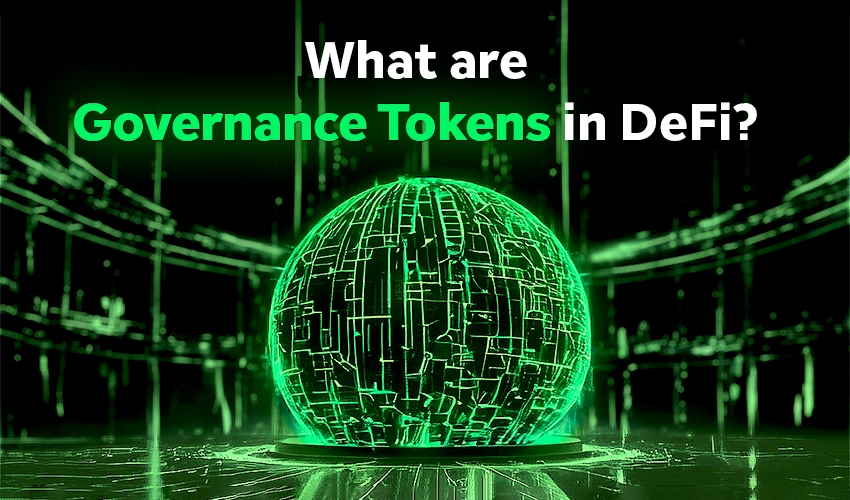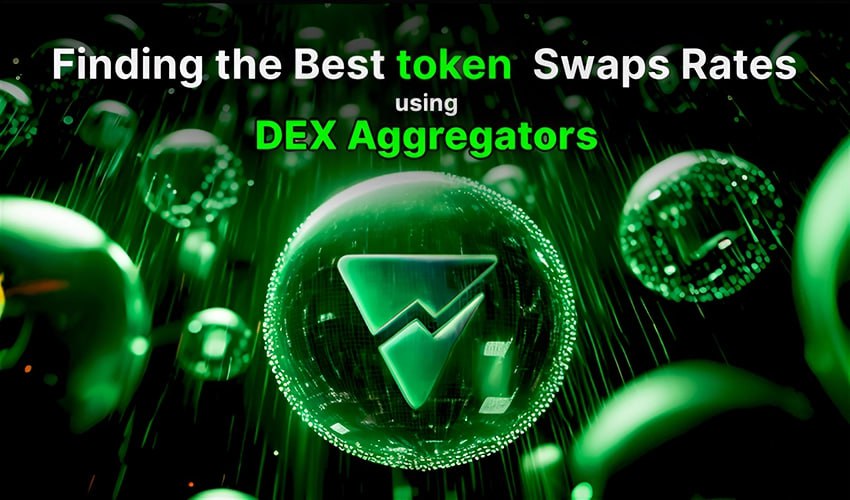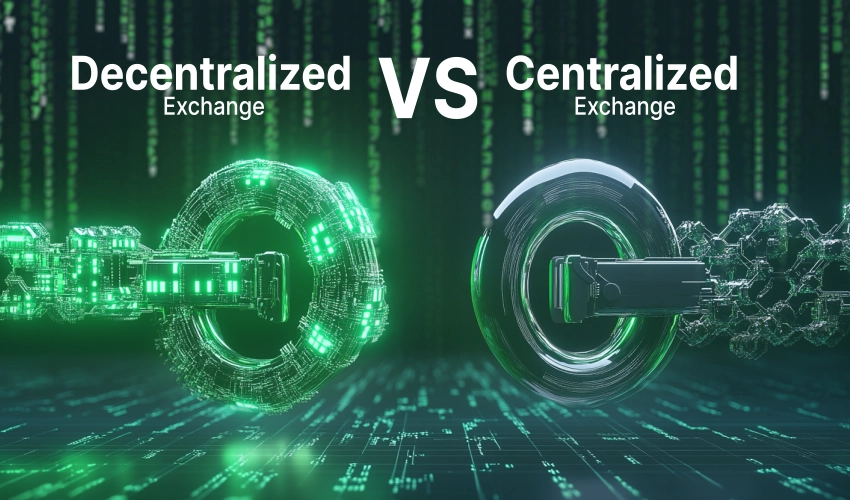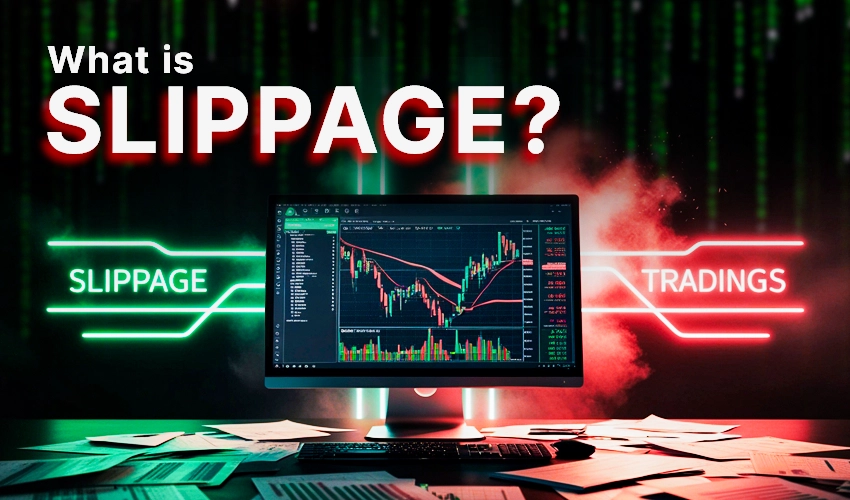
What are Governance Tokens in DeFi?
In decentralized finance (DeFi), governance tokens are a critical innovation that empowers users to participate in the decision-making process of blockchain projects. Unlike traditional financial systems, where decisions are often made by centralized authorities, DeFi projects use governance tokens to distribute power and give users a voice in shaping the platform’s future.
What Are Governance Tokens?
Governance tokens are cryptocurrencies that grant holders the right to participate in the governance of a decentralized platform. These tokens are typically issued by DeFi projects and allow users to vote on key issues such as:
- Protocol upgrades.
- Fee structures.
- Adding new features.
- Allocating funds for development or marketing.
The concept is rooted in decentralization, aiming to align a project’s future with the interests of its community rather than a small group of decision-makers.
MyTonSwap simplifies token swapping on the TON Blockchain, offering instant access to the best rates, extensive liquidity pools, and a wide variety of tokens. With a user-friendly interface, secure wallet connection, and efficient transactions, MyTonSwap is ideal for anyone looking to trade seamlessly in the decentralized finance space. Connect your wallet, select tokens, and start swapping with confidence on a platform that’s designed for optimal performance and reliability.
How Do Governance Tokens Work?
Holding governance tokens is like owning a share in a platform’s decision-making process. Each token represents a certain amount of voting power. The more tokens you hold, the greater your influence in shaping the platform’s decisions.
For example:
- A DeFi project might propose increasing the transaction fee from 0.2% to 0.3%. Token holders vote on the proposal, and the outcome depends on the majority.
- Token holders can also propose changes. If someone has an idea for a new feature or partnership, they can suggest it to the community.
Voting mechanisms vary by project, with some using simple majority voting and others implementing weighted or quadratic voting to ensure fairness.
Why Are Governance Tokens Important?
Governance tokens are the backbone of a decentralized ecosystem for several reasons:
- Decentralization: They ensure that decisions are made collectively by the community.
- Transparency: Voting processes and decisions are recorded on the blockchain, making them accessible and auditable.
- User Engagement: By holding tokens, users feel invested in the project and its long-term success.
- Alignment of Interests: Governance tokens align the platform’s growth with its users’ needs and priorities.
Example: Governance Tokens in Action – Hipo ($HPO)
In the TON Blockchain ecosystem, the Hipo project ($HPO) serves as an excellent example of governance tokens at work.
- Proposals and Voting: $HPO token holders can propose updates to Hipo’s services, such as adding new trading pairs or adjusting reward structures. Community members then vote to accept or reject these proposals.
- Treasury Management: Holders of $HPO decide how funds in the treasury are spent, whether for development, marketing, or community rewards.
- Platform Transparency: Decisions made through $HPO governance are transparent and verifiable on the blockchain, reinforcing trust among users.
This system ensures Hipo remains community-driven, evolving according to its users’ needs and preferences.
Challenges with Governance Tokens
While governance tokens offer significant benefits, they come with challenges:
- Whale Influence: Large token holders can dominate decision-making.
- Low Participation: Many users don’t participate in voting, leaving critical decisions to a small group.
- Complex Proposals: Some decisions require technical knowledge, which might discourage participation.
Projects often work to address these challenges by introducing mechanisms like quadratic voting, educational campaigns, or incentivizing participation.
Conclusion
Governance tokens are a powerful tool for decentralization, allowing users to have a direct say in the evolution of DeFi platforms. They foster transparency, engagement, and community-driven growth, setting DeFi apart from traditional finance.
In the case of Hipo and its $HPO token, governance tokens demonstrate how projects can empower their communities while maintaining fairness and trust. As DeFi continues to grow, governance tokens will likely play an increasingly vital role in shaping the future of finance.



